When students are responsible for managing an event that has a social impact, they learn to develop their creative and critical capacity to propose imaginative and original solutions.
Well-oriented instruction during undergraduate education gives students the capacity to generate projects with a positive social impact. As part of the Communication and Event Management course design, we proposed our students to be fully responsible for autonomously planning a real event, starting from scratch through to its successful completion. Their suggested topics were related to the environment, health, gender issues, critical communication, art and entrepreneurship. This article shares our teaching experience and the significance of these projects.
This course targets third and fourth-year Advertising and Public Relations students at Pompeu Fabra University (UPF). To guarantee the quality and diversity of the projects, as well as the integration of international students, we took academic profiles, common interests and differential competencies into consideration when building the work teams, thereby fostering cooperative student-to-student learning.
“The events proposed by the students treated issues like gender violence, stress, poverty and the misuse of natural resources, among others.”
The events proposed by the students spoke out for environmental issues, such as the misuse of water, energy and natural resources, and health-related matters, including excessive sugar consumption and relaxation techniques to relieve stress. A feminist catwalk portrayed gender issues, while arts and the humanities became a vehicle for critical communication. The outcome was the construction of two water tanks for a school in Kenya and a generous donation of second-hand clothing.
By organizing these events autonomously, students learn how to find funds for their projects, coordinate and allocate resources, identify risks, and establish controls and foresight. They also become adept at making unbiased, informed decisions to solve problems and develop their creative and critical capacities to propose imaginative, original solutions.
“It is a great training experience for students to carry out interdisciplinary and multicultural projects in an environment that simulates real work practice.”
The results of this pilot activity were very positive. A total of nine events were held across two weeks, having been promoted through the university’s internal and external communication channels.
The events held were:
-
“Steps for equality”. A feminist catwalk for condemning gender violence.
-
“Project turn the light on”. An event aimed at creating energy poverty awareness.
-
“UPF.Networking Space”. An event for coming into direct, in-person contact with professional entrepreneurs from diverse areas of business (emerging and consolidated).
-
“Win-Win Market”. An event for establishing a second-hand clothing market with young designers.
-
“Missing Water”. A fund-raising event to collaborate in the construction of a potable water storage tank at the Mbandi School in Kenya.
-
“Stress-Free”. A meditation session to relieve stress, with the collaboration of the university’s health and sports services.
-
“Live the dream”. An event to collaborate with the non-profit organization Make-A-Wish-Spain in the recovery of critically-ill children.
-
“Evasion”. A photography and art exhibition of young photographers, painters and illustrators.
-
The inauguration of a pharmacy in Arbucias
The content addressed in the course is taught through a combination of expository and interrogative teaching approaches, thus encouraging student participation, fostering self-reflection and facilitating the acquisition of practical knowledge. The content is separated into three main blocks:
-
Public Relations Techniques
-
Events Planning
-
Post-event Evaluation and Impact
We use project-based learning, with a hands-on technique, enabling us to deconstruct the traditional role of the teacher as an expert, transforming him or her into a facilitator and mentor who offers personalized teaching.
Participating in interdisciplinary and multicultural (if possible) projects provides students with an excellent learning experience, in an environment that simulates real work practices and in which the teacher takes on the role of a mentor. We want to invite all teachers to explore these learning strategies and to share their experiences.
About the authors
Mònika Jiménez-Morales (monika.jimenez@upf.edu) is the director of the Advertising and Public Relations degree program and a member of the CAS (Communication, Advertising and Society) research group at Pompeu Fabra University (UPF). Her main lines of research are the effects of media discourse on body image, event planning and strategic communication.
Marta Lopera-Mármol (marta.lopera@upf.edu) is a Ph.D. in Communication student and serves as an Assistant Professor in the Communication Department at Pompeu Fabra University. Her main lines of research are British and US television fiction, postmodern philosophy, aesthetics and audiovisual narrative.
This article from Observatory of the Institute for the Future of Education may be shared under the terms of the license CC BY-NC-SA 4.0 
)
)
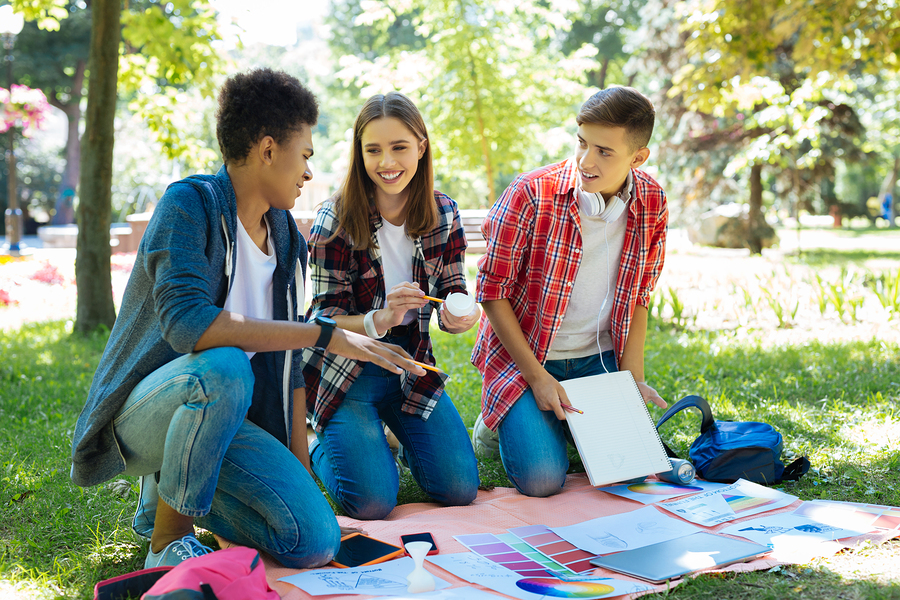
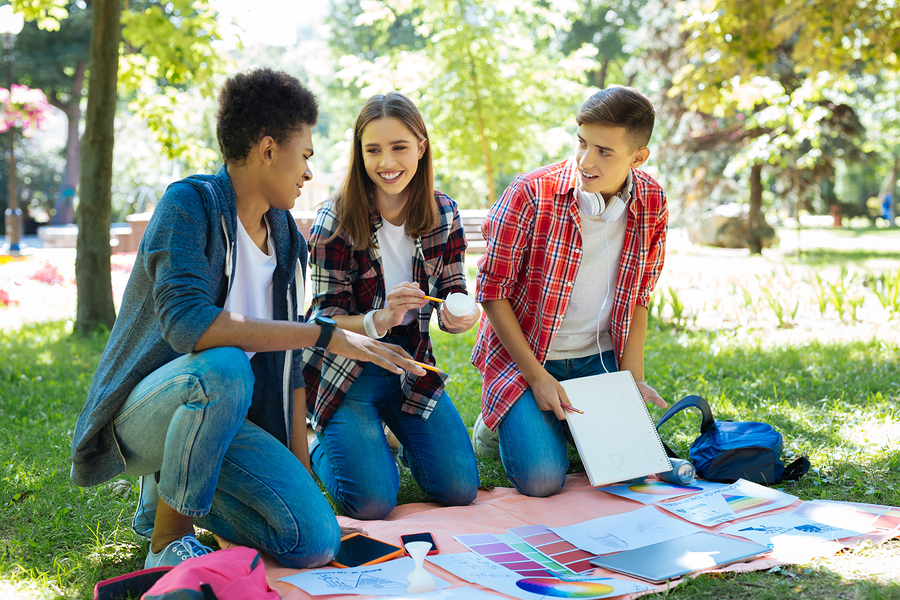

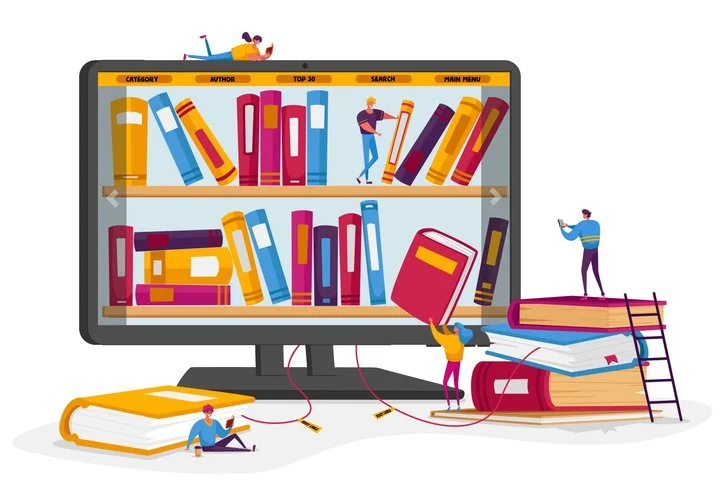


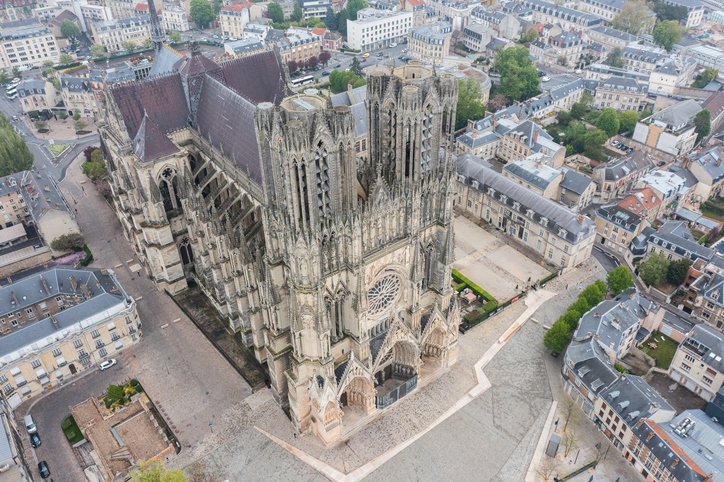
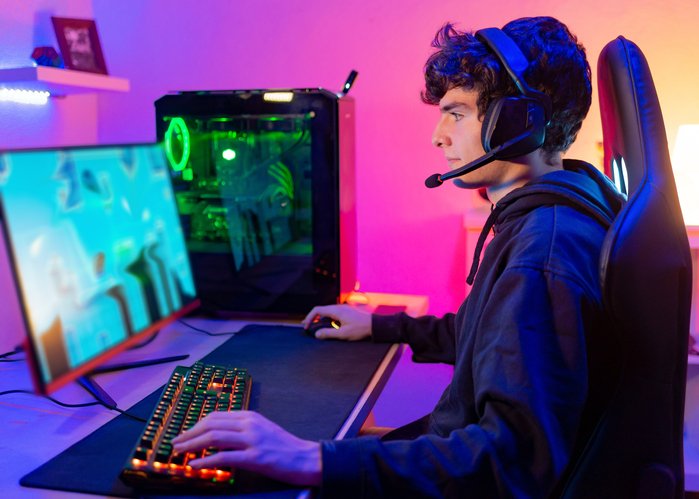



)
Kathia Rebeca Arreola Rodríguez
Kathia Rebeca Arreola Rodríguez
Kathia Rebeca Arreola Rodríguez